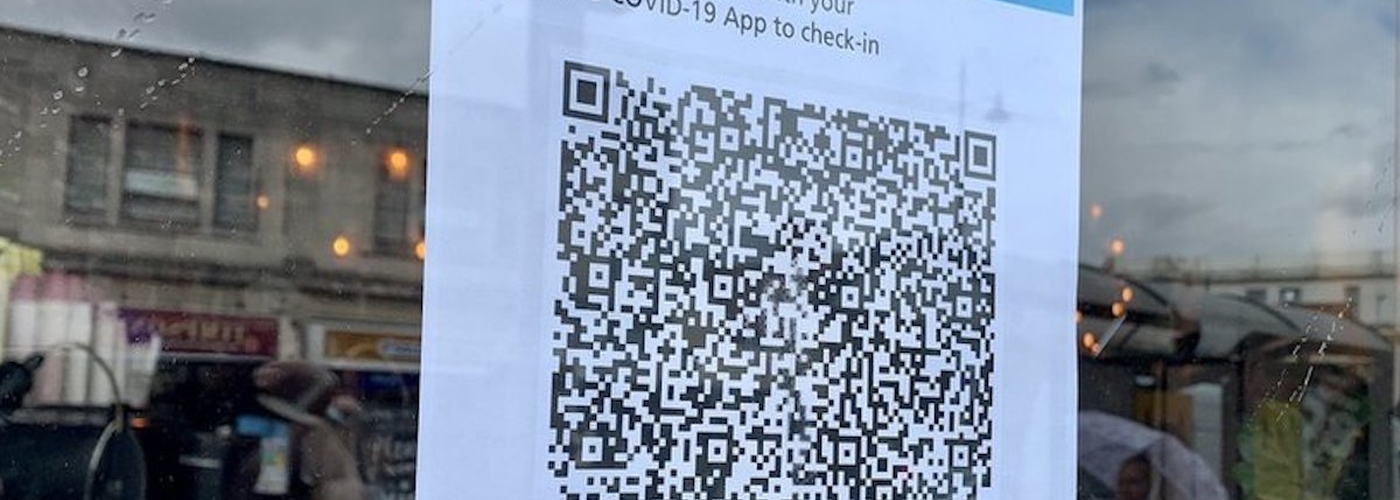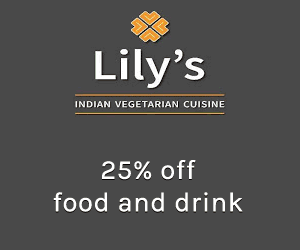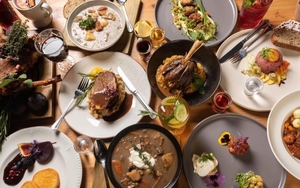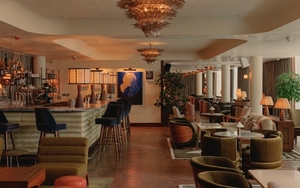As pubs and restaurants prepare to reopen, we investigate how test and trace will affect the hospitality industry
There is yet another row brewing between the Government and the hospitality industry ahead of reopening on 12 April.
Industry professionals have warned that the Government’s new requirements for test and trace will inflict yet further damage on pubs and restaurants.
All customers - not just one member of a party - must now scan the QR code for the government app or sign in upon entry. Many operators of pubs and restaurants say this lays yet another burden on them at a time when they are already struggling to recover from successive lockdowns.
We are hospitality entrepreneurs, we are not doormen
The regulations state: “You must ask every customer or visitor to scan the NHS QR code using their NHS COVID-19 app or provide their name and contact details, not just a lead member of the group.”
Previously, the regulations asked for only one member of a group to check in or leave their details with staff. Originally, this was a voluntary procedure.
But now the guidance says: “Hospitality venues have additional requirements and must also take reasonable steps to refuse entry to anyone who refuses to participate. Failure to do any of these requirements could result in fixed penalty fines.”
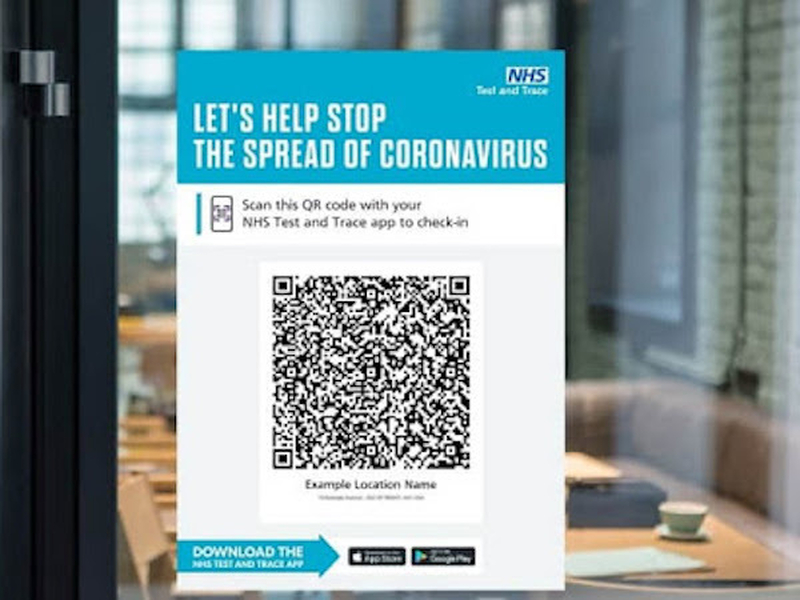
Did Test and Trace even work?
Pubs and restaurants argue that this will require a large amount of extra administration and staffing at just the time when they are the most stretched.
They also point to the Test and Trace app’s limited success as a reason to think that the extra investment on their part will not be particularly useful in helping control infection.
Jane Dowler, founder of Spanish restaurant and bar group Evuna, aired her frustrations to us, saying: "Operators and customers worked so hard last time to ensure we collected all data and we were never asked for any. I’d be interested to hear how many venues were asked for this data. I'm disappointed yet again in the government. The fact that the data was not used last time could suggest hospitality is not the spreader - or the problem. Yet again we are being penalised both in effort and cost when there is no evidence that this data is needed or in fact being used."
Indeed, a report into the effectiveness of test and trace by The Guardian stated: "Public health officials and contractors in England have barely used check-in data from millions of people who have visited cafes, pubs and restaurants". It found that Airship, a data-processing business whose clients include Wetherspoons, Costa and Pret a Manger, said it had registered more than 18m visits to 10,000 venues over last summer, but only received about 50 requests for data by health officials.
In a similar vein, David Fox of Tampopo told us earlier in the year:
"We served something like 150,000 customers [over the summer] and we didn't have one member of the public get contacted by Test and Trace through our restaurant. The only restaurant that I know that had Public Health England Test and Trace come through for more than one person was a well-known chicken brand because the staff had a party at that at someone's house.
"The irony is if they've had the party in a pub, where they were socially distant, they'd be less likely to have had as many people get it."
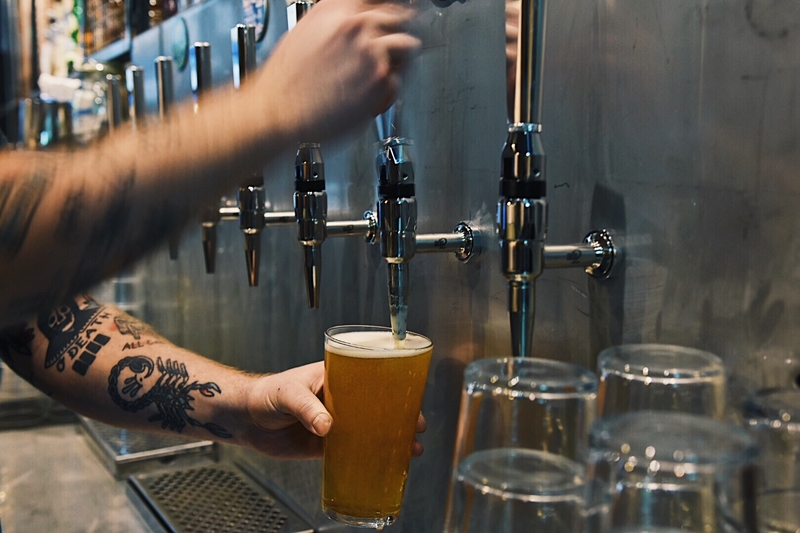
Responding to the updated guidelines, CEO of Hospitality UK Kate Nicholls told Confidentials:
“The industry has worked hard to support the Government in its efforts to tackle coronavirus, including introducing our own track and trace systems ahead of reopening on 4 July last year several months before the government scheme was launched. With over 60m customer visits a week, we successfully captured details of those visiting our sites which could have been used to support local test and trace activity and it was a very positive sign that fewer than 3% of outbreaks were tracked to hospitality venues.
"We will continue to work to implement the new guidance and work within its spirit to capture as much data as possible, but the changes announced yesterday do significantly increase the burden on operators and will significantly increase compliance costs. Once again, hospitality is being singled out in respect of this and this is a very real issue of concern as we unlock. We hope that the not insurmountable challenges will be recognised by government and local authorities as the new policy is implemented. We also need our customers to work with us to help keep their favourite pubs and restaurants open."
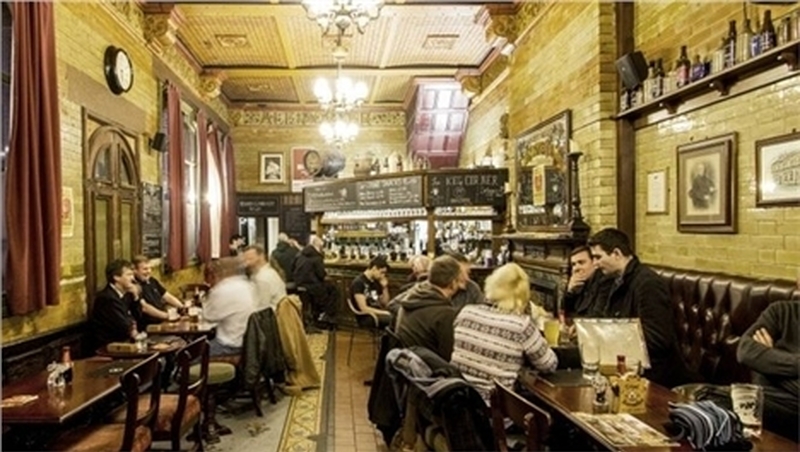
UK Hospitality, the British Beer and Pub Association (BBPA) and the British Institute of Innkeeping (BII) said in a statement: "Government has promised the country that we will be reopening but we are now being told that this will be with our hands tied behind our backs.
"It's unfair to single out our sector again with these added impractical burdens that will have economic consequences and risk our recovery.
"We want to trade our way back to prosperity, not rely on state handouts but if the government insists on restricting our ability to trade then they will need to stump up more business support. We need to see a further extension of the business rates holiday through to October and more furlough support to save the millions of jobs we support."
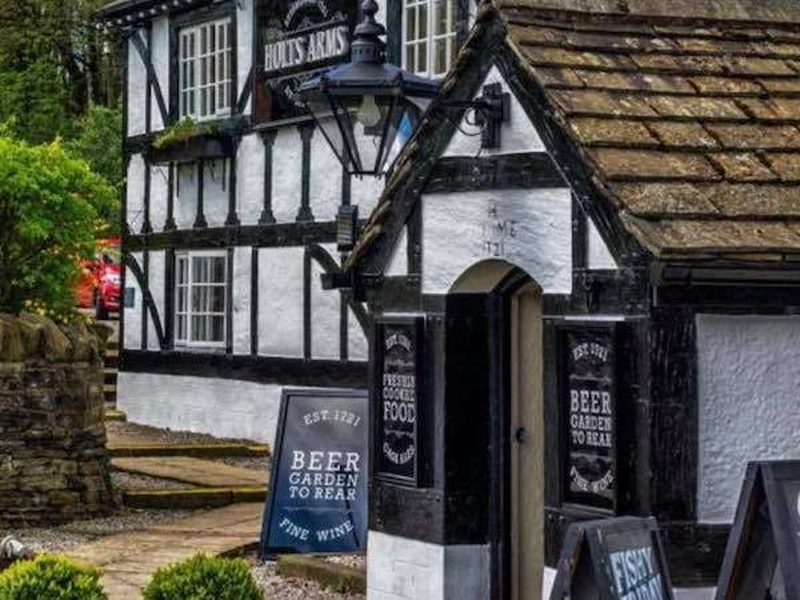
A pub prepares to reopen
To get an understanding of what the new guidelines meant for those working hard to get their businesses back on track after an extraordinarily hard year, I spoke to Ian Mitty of The Holt's Arms, a cosy, traditional pub situated in the village of Billinge, south of Wigan.
Ian told me:
“We have a small 300-year-old pub with about 12 tables inside and a massive beer garden. Because of this regulation, we have to stand on the gate of the garden – we’ve had to build a gate, by the way, there was never one there before – during opening hours to make sure people either check in or sign in. During the last lockdown we had no issues with it, we just said to people in groups, do us a favour, can one of you check in and they did it. But this time everyone has to check in individually and if they don’t do it, we get fined. That’s going to be incredibly labour-intensive because that’s one member of staff on the door all night. It’s so expensive to do."
Ian points to a new mood of suspicion as one of his main worries regarding enforcing the check-in rules.
“They are pushing us to use the app. I put a note on our Facebook page to say, just be aware that you have to check in. People came right back saying ‘I’m never coming to your pub again’. ‘I’m not having the Government knowing where I am.' and that sort of thing. It was quite aggressive and that’s before we even open.”
I looked at the Holt's Arms Facebook page and Ian has toned it down for my benefit. Comments include: “The whole pub experience will be trashed! it's just another big brother control system nothing to do with a virus! The whole point of a pub is to kick back relax chat with friends and forget about life for a while. Na sorry you guys need to stand up to this and fight together otherwise pubs will be gone forever which will be a sorry shame as they are a massive part of our British heritage!”
"Shocking, I feel sorry for the businesses. I won’t be downloading it even it means not visiting places for longer."
Another reads “Sorry guys, won't be coming in now. People need to speak up against this stuff now. On a slippery slope to scanning in everywhere and we know where it's going to lead. It's about time the publicans clubbed together and took a stand against all this nonsense - it's crippling you guys in the pub trade and you keep putting up with it.”
Though one person said, “I’d hand over my firstborn to the government if it means I can come back to the pub and support businesses," it must be disheartening for publicans to read such comments as they prepare to try and recoup a fraction of the money lost over the last year.
Indeed many believe the stricter rules are just the forerunner of vaccine passports. Lucy Powell, shadow minister for business and MP for Manchester Central told Sky News that the hospitality sector is "very worried they will find themselves on the frontline of policing this."
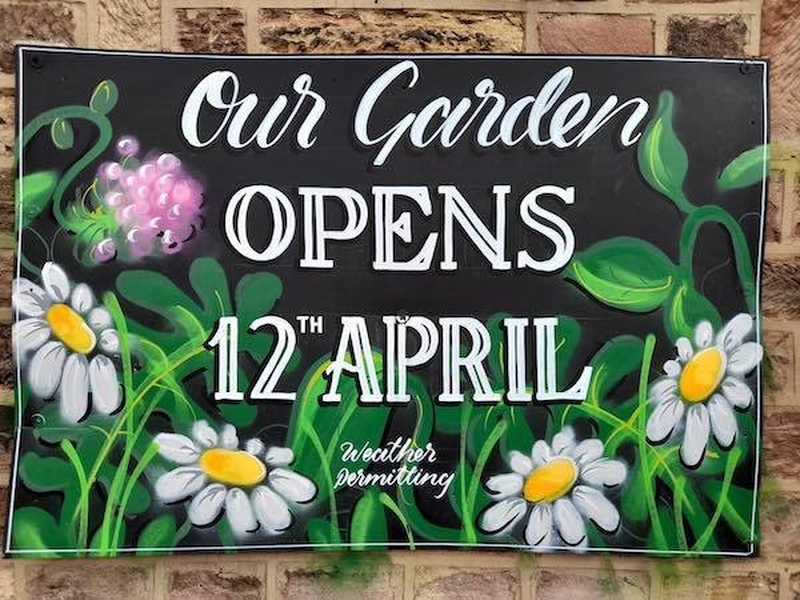
Security worries with Test and Trace
Ian Mitty continues: "It’s going to be more challenging and more expensive and it just doesn’t seem to be a sensible call. When the records came out from the Government of how many people that actually used the Test and Trace app in lockdowns one and two and it was not many. People thought, what’s the point?”
“We are hospitality entrepreneurs, we are not doormen, but we are going to have to be doormen and that’s a real issue for us.”
Ian points out that as a small village pub that concentrates on serving good food, hiring in agency doormen is completely contradictory to the feel and ethos of the Holt’s Arms. Even for hospitality friends of his in central Manchester who do regularly have security on the door, those doormen have never really done anything like this before either.
“We’ve never, ever had to throw anybody out,” he says, “it’s just not that sort of environment.”
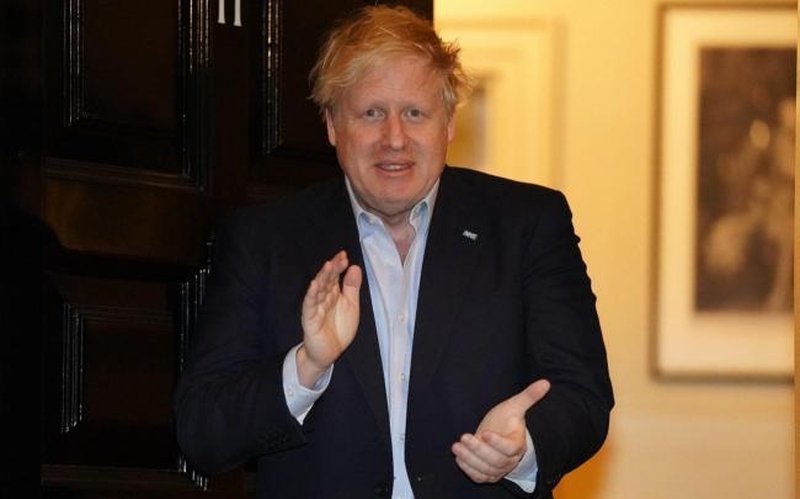
Indeed, the government advice seems to be, as usual, somewhat contradictory. According to the guidelines: “Hospitality venues must take reasonable steps to refuse entry to a customer or visitor who does not provide their name and contact details or who has not scanned the NHS QR code.” This includes “verifying that an individual has checked in using the QR code by reviewing the individual’s phone screen.” It is debatable whether this is even legal, never mind reasonable.
If a customer refuses to provide details or scan the code, then the advice is to: “Advise customers and visitors that this information will only be used where necessary to help stop the spread of COVID-19.” Very helpful when some people are increasingly sceptical of the need to follow COVID-19 regulations at all and conspiracy theories abound. But don’t worry, if things get unruly then the Government says that hospitality venues can “follow your own security procedures. This may include calling the police”.
Calling the police is, of course, a well-known tactic for easing tensions and preventing hostility.
As Ian says, “It's just not hospitality is it? If you’re saying, have you checked in? Prove it!”
“It’s just hard enough when you are trying to reopen a pub in the North West in the middle of April. We put on our Facebook, ‘Any complaints, please address them to 10 Downing Street.'”





